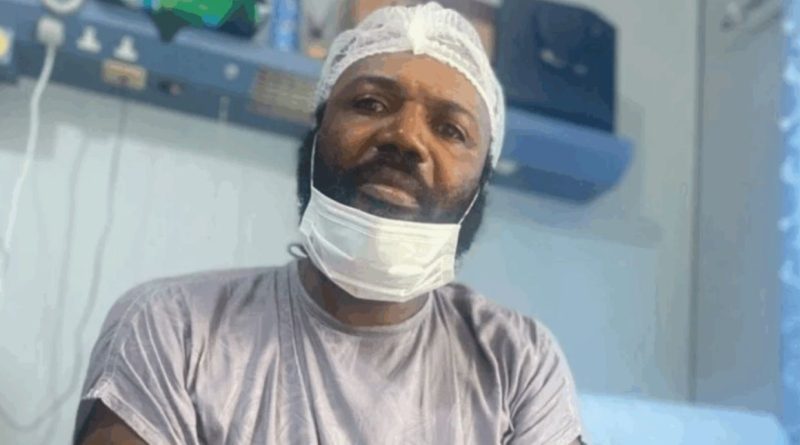Editorial: The Ato Essien Agenda: A Call to Action for the Forgotten Poor Sick Prisoners
In recent weeks, the case of William Ato Essien, the founder of the defunct Capital Bank, has dominated headlines and sparked fervent public discourse. Convicted of financial misconduct, Essien has received significant attention and advocacy, culminating in an online petition for clemency that has garnered over 3,000 verified signatures. Prominent figures, including Dr. John Appiah and journalist KSM, have joined the chorus calling for his release, raising critical questions about the disparities within our justice system.
However, as we rally around the plight of one man, we must not lose sight of the many others who suffer in silence behind bars—particularly the sick and vulnerable prisoners who lack the same resources and public support that Essien enjoys. The contrast is stark: while Essien’s legal team successfully secured his bail pending appeal, many inmates languish in poor health, often without access to adequate medical care or legal representation.
The recent decision by the Court of Appeal to grant bail to Essien, set at a staggering GH₵10 million, highlights a troubling reality in our correctional facilities. It raises the pressing question: why do some prisoners receive the privilege of advocacy and support while others, particularly the impoverished and ill, remain forgotten? This disparity is not just a matter of individual cases; it reflects a systemic issue within our justice system that must be addressed.
As we witness the unfolding of the Ato Essien Agenda, we must also advocate for the rights of all prisoners. The plight of sick inmates—those who are often on the brink of death, suffering from severe health conditions—deserves our attention and compassion. They are not just statistics; they are human beings who have been marginalized by a system that prioritizes wealth and status over equity and justice.
In the coming weeks, as discussions around Essien’s appeal continue, let us expand the conversation to include the rights and needs of all prisoners. It is time to advocate for systemic changes that ensure equitable treatment for everyone in our correctional facilities, regardless of their socio-economic status. We must urge our leaders to recognize that justice should not be a privilege reserved for the wealthy, but a fundamental right for all.
As we reflect on the Ato Essien case, let us stand in solidarity with the forgotten sick prisoners who continue to suffer in silence. Their stories must be heard, and their rights must be championed. It is only through collective advocacy and compassion that we can hope to create a more just and equitable society for all.

